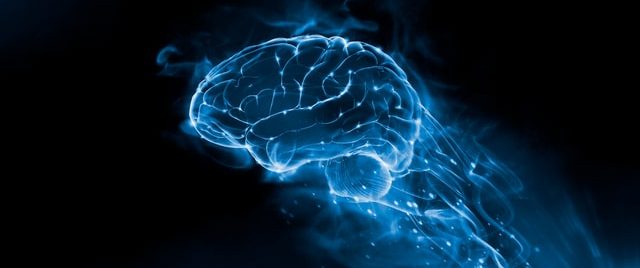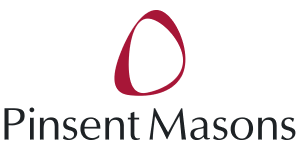 The European Patent Office Board of Appeal (EPO BoA) has confirmed that an artificial intelligence (AI) system cannot be named as an inventor on a patent application. While the decision was issued in December 2021, the written reasoning has only just been published.
The European Patent Office Board of Appeal (EPO BoA) has confirmed that an artificial intelligence (AI) system cannot be named as an inventor on a patent application. While the decision was issued in December 2021, the written reasoning has only just been published.
The decision concerns ‘DABUS’, an AI system developed by Dr. Stephen Thaler. Dr Thaler designated DABUS as the inventor of two patent applications claiming that the subject matter of the applications had been created autonomously by DABUS.
Dr Thaler had appealed the EPO’s earlier decision that the European patent applications he had submitted did not conform to the requirements of the European Patent Convention (EPC).
The debate centered around Article 81 EPC which states: “The European patent application shall designate the inventor. If the applicant is not the inventor or is not the sole inventor, the designation shall contain a statement indicating the origin of the right to the European patent.”
The BoA held that Article 81 EPC requires that the designated inventor for a European patent application must be a person with legal capacity. It found that the term ‘inventor’ is not ambiguous and should be used in its ordinary way, meaning that an inventor is a person with legal capacity.
Dr Thaler’s auxiliary request, that he had derived the right to the invention as “owner and creator of the machine”, also failed to comply with Article 81 EPC as it “does not refer to a legal situation or transaction which would have made him successor in title of an inventor”.
Thaler requested that certain questions be referred to the EPO’s Enlarged Board of Appeal but the request was denied.
The EPO BoA’s reasoning is unsurprising, and is along similar lines to that of other patent offices and courts across the globe, including in the UK, the US, Australia and New Zealand. It perhaps highlights once again that, despite the headline grabbing arguments in this case, it may not be the right test case for the issue of whether an AI machine can be an inventor. This is particularly true at the present time when AI is not considered advanced enough to be truly capable of invention, which begs the question, will it be so in the future? In the event that it is, any changes to patent laws will need to be harmonized at an international level, as recently highlighted in the UK Government’s AI & IP consultation response.
Written by Sarah Taylor, Senior Practice Development Lawyer, Pinsent Masons London
| MORE NEWS | | WRITE FOR OUR NEWSLETTER |











